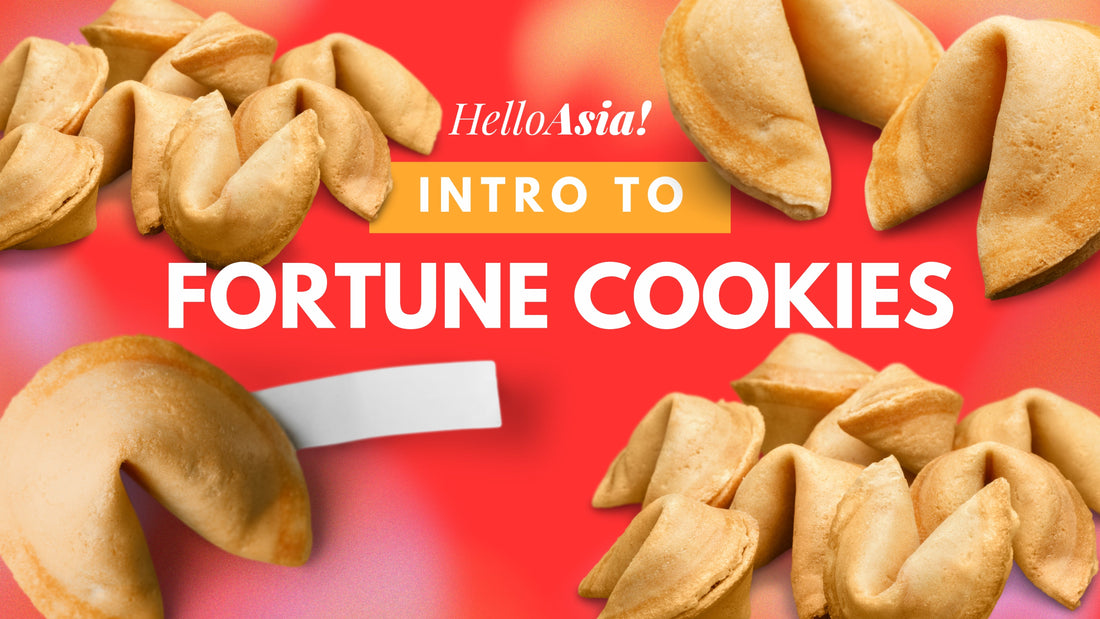
The Story Behind Fortune Cookies
Melissa da CostaShare
...Why They Are More American Than Chinese
🥠 Have you ever cracked open a fortune cookie after a meal at a Chinese restaurant, eager to read the mysterious message inside? While these crispy, golden treats are often associated with Chinese cuisine, their origins might surprise you. Fortune cookies are actually an American invention, with roots tracing back to Japan! Let’s dive into the fascinating history of fortune cookies and how they became a staple in Chinese-American dining.
The Unexpected Origins of Fortune Cookies
Despite their strong connection to Chinese restaurants, fortune cookies were not invented in China. In fact, if you were to ask someone in China about fortune cookies, they might not even know what you’re talking about! The first fortune cookies were actually inspired by Japanese senbei (rice crackers), which sometimes contained small paper fortunes inside.
Historians believe that fortune cookies were introduced to the United States in the early 20th century by Japanese immigrants in California. They were served at tea houses in San Francisco and Los Angeles, featuring folded wafers with handwritten fortunes tucked inside.

How Fortune Cookies Became “Chinese”
So, how did a treat with Japanese origins become a Chinese-American restaurant staple? The answer lies in World War II. During the war, many Japanese-Americans were sent to internment camps, and their businesses—including bakeries that produced these early fortune cookies—were shut down. As Chinese restaurants grew in popularity, they began serving these cookies as a fun, novelty treat at the end of meals.
By the 1950s, fortune cookies had become a standard feature in Chinese-American cuisine, and their Japanese origins were largely forgotten. Mass production of fortune cookies made them even more widespread, and today, they are often seen as a symbol of Chinese-American dining culture.
Why Fortune Cookies Are More American Than Chinese
While fortune cookies are almost unheard of in China, they have become deeply ingrained in American culture, which of course influences culture around the world!
Some key reasons why they are more American than Chinese include:
✔ They were first made in the U.S. – The earliest fortune cookies were produced in California by Japanese immigrants.
✔ They are rarely found in China – Fortune cookies are primarily served in the U.S. and other Western countries, but they are not a part of traditional Chinese cuisine.
✔ They are mass-produced in America – Many large food companies, like Wonton Food Inc. in New York, produce millions of fortune cookies daily for restaurants across the country.
✔ Their messages cater to Western culture – The fortunes inside often contain Western proverbs, motivational quotes, or lottery numbers, which don’t, in reality, align with traditional Chinese fortune-telling practices.

A Fun, Delicious Tradition
Even though they may not be authentically Chinese, fortune cookies remain a beloved tradition in Chinese-American cuisine. They add a playful element to the dining experience, offering diners a moment of fun as they break open their cookie and read their fortune.
So, next time you crack open a fortune cookie, remember—you’re not just enjoying a tasty treat, but also a fascinating piece of culinary history!
